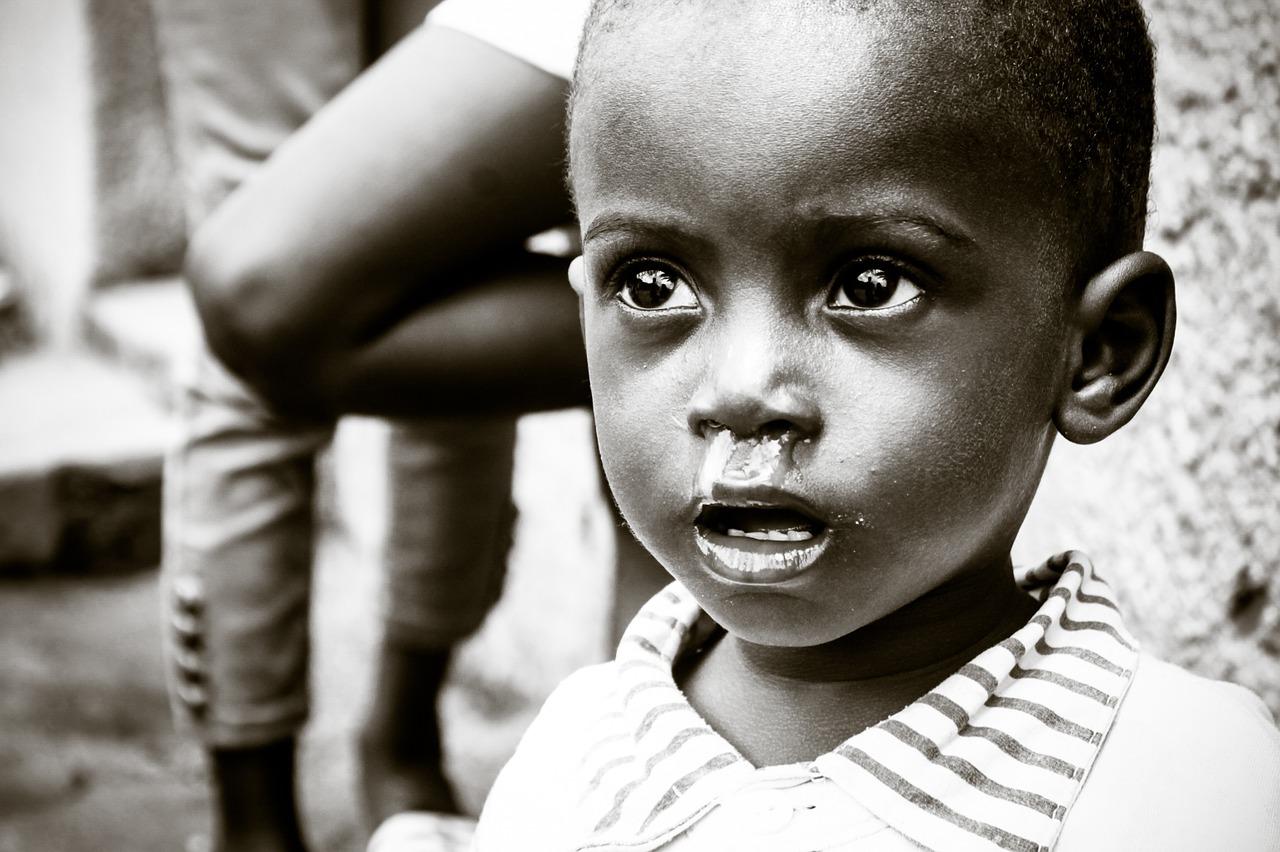Malaria cost the lives of more than 1800 people in Burundi this year. The United Nations reports 5.7 million infections on a population of around 11 million people.
A total of 1801 patients were reported to have died from the effects of the disease between January 1 and July 21. This is comparable to the number of people who died as a result of the current Ebola outbreak in Congo.
The authorities in poverty-stricken Burundi have not yet declared a national medical emergency. That did happen in 2017. At that time 1.8 million infections and 700 deaths from malaria were reported.
This time it plays a role in the background that elections are coming. A senior government official says that President Pierre Nkurunziza does not want to draw attention to “what can be seen as the failure of his health policy.”
According to the UN Office for the Coordination of Humanitarian Affairs, the current crisis is caused, among other things, by a lack of preventive measures, such as mosquito nets. Climate change would also play a role.
Malaria kills hundreds of thousands of people every year. According to the World Health Organization in 2017, it involved at least 219 million infections in 87 countries. In that year, an estimated 435,000 people died of the disease, especially in Africa.
